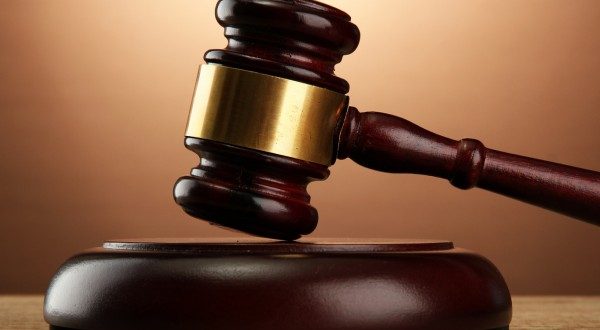Three Kenya Airways employees have been sentenced to 25 years in prison each for trafficking heroin worth more than Ksh.60 million, marking a significant win for Kenyan authorities in the fight against drug-related crimes.
The Jomo Kenyatta International Airport (JKIA) Court on Friday delivered the verdict against cabin crew members Lennox Chengek Chestit and Alfric Odhiambo Otieno, alongside ground staffer Kenneth Sinzore Isundu. In addition to the lengthy prison terms, the court imposed fines ranging from Ksh.88 million to Ksh.90 million. Failure to pay the fines would result in an additional one-year sentence, running concurrently with their main term.
The three were convicted on two counts of trafficking in narcotic drugs. In the first, Chestit and Isundu were found guilty of transporting 9,845.70 grams of heroin valued at Ksh.29,537,100. The second count involved Otieno and Isundu, who were convicted for trafficking a 20-kilogram heroin haul worth Ksh.60 million. Magistrate Njeri Thuku ordered that Isundu’s sentences run concurrently.
During the hearing, all three convicts requested non-custodial sentences. However, Magistrate Thuku dismissed the plea, emphasizing that drug trafficking offences fall outside the parameters of non-custodial sentencing under the Community Service Orders Act.
The magistrate also criticized the employees for damaging the reputations of Kenya Airways and the Kenya Airports Authority (KAA). She noted that such high-profile cases of drug trafficking not only violate the law but also erode public trust in major institutions.
The convictions serve as a stern reminder of Kenya’s zero-tolerance approach to drug trafficking, particularly when committed by insiders within critical transport and logistics sectors. Authorities have vowed to continue cracking down on narcotics smuggling, aiming to safeguard both national security and public health.
This ruling underscores the ongoing battle against illicit drugs in Kenya, highlighting the severe consequences for those caught facilitating the illegal trade. As the country strengthens its enforcement measures, cases like these signal that no one is above the law, regardless of their professional standing.

